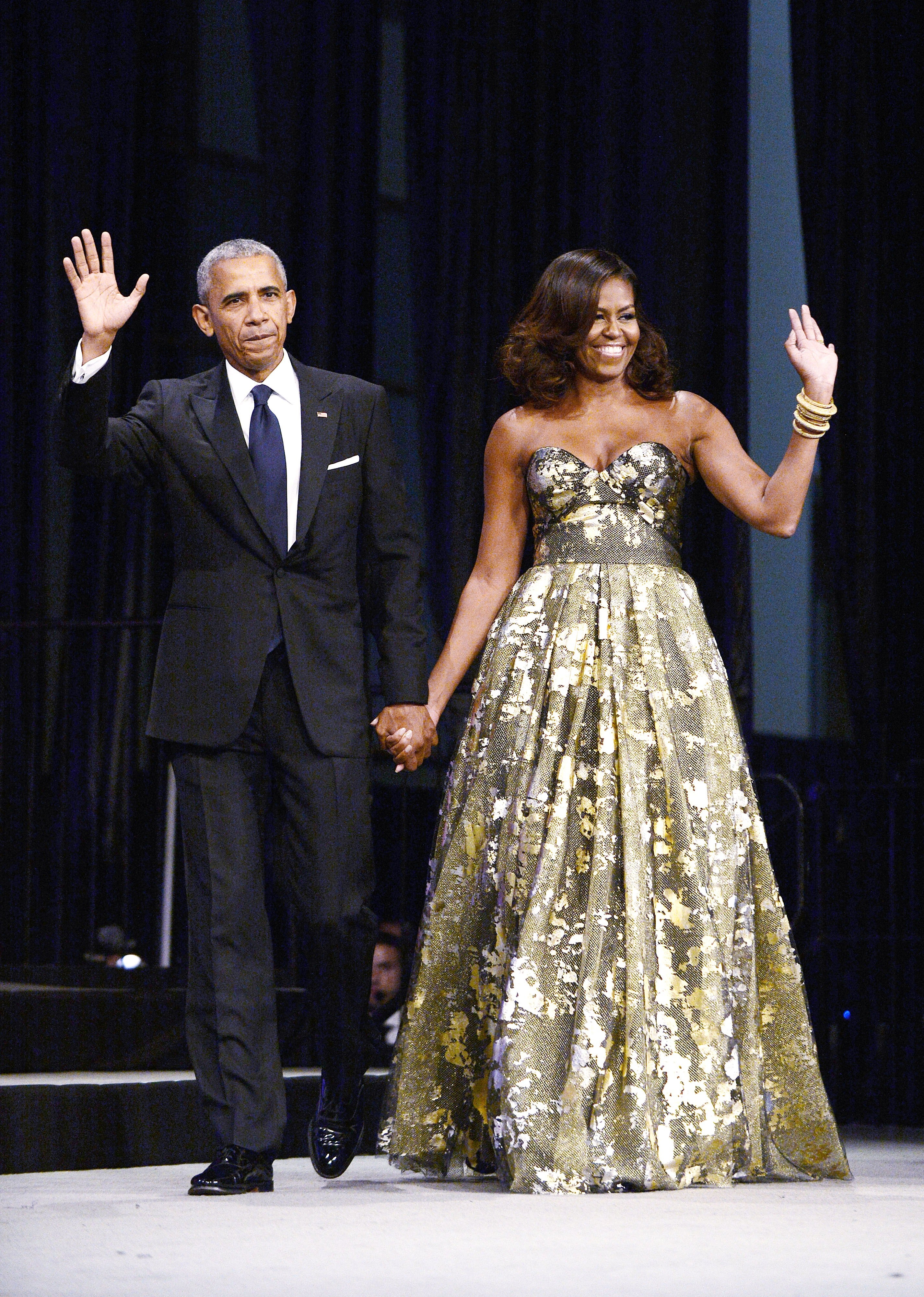
“I am asking you to believe. Not in my ability to bring about change — but in yours.” – President Barack Obama’s Farewell Address, January 10, 2017
Everyone will have their individual take on the legacies of Barack and Michelle Obama. We know Barack Obama’s resume. He is America’s 44th President and our first Black President. Before becoming President he was a community organizer, a law Professor, and a Senator. His impact as our President stands alone, but for me, as a Black attorney and leader, his legacy is inextricable with that of his wife, Michelle.
Michelle Obama’s legacy and impact as a mother, health and education advocate, lawyer, wife and advisor to the President is unparalleled. She is from the south side of Chicago, and like her husband, attended Harvard Law School and later worked at a top law firm. After private practice, her career went on to local government, nonprofit, community organizing and finally a position in healthcare administration. Mrs. Obama has been our most experienced and accomplished First Lady to date.
Their legacy is not without controversy. There are some who question whether the Obamas used their platform to be effective advocates for the Black community. No administration will be perfect and able to satisfy the wants and needs of all of its constituents, however, the positive effects of the Obamas far surpasses their challenges. The Obama presidency legacy will be one of overcoming barriers – improving access to healthcare, immigration and education advancements, the successful nomination of two female Supreme Court Justices, granting clemency to hundreds of individuals and advancing LGBTQ rights. As the first lady, Michelle Obama used her legal advocacy skills to promote and bring greater awareness to women’s rights, healthy living, veterans’ services and access to education for all.
Together, the Obamas made the roles of the President and First Lady approachable and authentic. They opened the doors of the White House to all of us, but I could never have imagined as a child that the leader of the free world and his wife would both be Black lawyers. My most memorable exposure to a Black lawyer as a child was the role of Claire Huxtable in the Cosby Show. As an adult, I remember that having a Black actor portray the President on “24” was controversial.
A recent NALP survey indicated that the number of Black and women lawyers in law firms nationally remains below five percent. The Obamas elevated the role of the Black lawyer and made the dream of becoming a lawyer and a leader one within reach for those in the legal diversity pipeline. During President Obama’s terms he appointed several Black attorneys to key roles in his administration, for example Eric Holder and Loretta Lynch as Attorney General and Jeh Johnson as the Secretary of Homeland Security.
Subscribe to our daily newsletter for the latest in hair, beauty, style and celebrity news
Seeing Black attorneys elevate from the backpack to the boardroom is important to our country’s political future. Twenty-five out of forty-four U.S. presidents were lawyers. We cannot continue to sit idly by while the data on the number of Black lawyers remains stagnant. The Black lawyer crisis highlighted in the NALP survey will not improve if we don’t act to develop the pipeline and to support the attorneys in it. The recent New York City Bar Association 2015 Diversity Benchmarking report details “better practices” that law firms and others in the legal community can employ to address the dismal numbers of black attorneys in the legal profession. Rather than lamenting the issue, I encourage my colleagues in the legal profession to take action, as President Obama reminded us in his farewell speech to the nation “… we’re not where we need to be. And all of us have more work to do.”
Today, as the President of the Metropolitan Black Bar Association (MBBA), the largest organization of Black attorneys and legal advocates in New York City, I am continually inspired by the Obamas’ example. We as Black lawyers must also strive to achieve better results through individual and institutional action. The MBBA has several pipeline initiatives created to address the data and tangibly increase the numbers of Black lawyers in the profession, strengthen the professional development of Black lawyers, develop new leaders and collectively help our communities. These initiatives include an annual backpack giveaway to elementary students in each borough, community law days, and educational and networking opportunities designed to enhance business development and build relationships for our members.
The Obamas’ impact on Black lawyers is that they have expanded our vision of possibility, leadership and advocacy. Their presence in the White House reminded me of the responsibility we as lawyers have to use our legal training to become servant leaders. As Black lawyers, we should be social engineers and use our platforms and training to leave the world better than we inherited it. Going forward, in the spirit of the Obama legacy, Black lawyers need to not only call for the change, but to be the change.
Never forget: Yes we can.
Paula T. Edgar is the Founder and Principal of PGE LLC. Connect with her at www.paulaedgar.com, via Twitter or Linkedin.